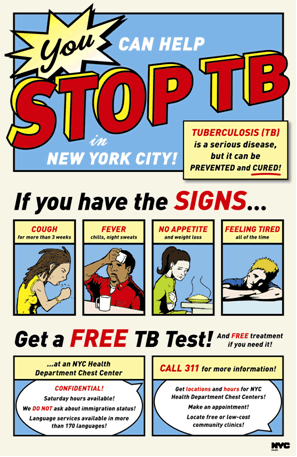
Giving power to councils: Health Secretary Andrew Lansley
Immigration is fuelling a soaring number of tuberculosis infections, the Health Secretary said yesterday.
Andrew Lansley said that the 30-year high in cases of TB was caused by people coming to Britain from countries where the disease is prevalent, such as those in sub-Saharan Africa.
According to the most recent figures there were 9,040 infections last year, the highest recorded since 1979 when there were 9,266 cases.
The disease, caused by bacteria, infects the lungs. Symptoms include coughing, fever and weight loss.
It can be fatal if it is untreated and there are around 350 deaths every year.
But victims can carry the disease for several years without having any symptoms – and this is one of the reasons it spreads so quickly
Figures published last month by the Health Protection Agency show that it is particularly prevalent in impoverished inner city areas such as London, Birmingham, Leeds and Manchester.
Mr Lansley told the House of Commons: ‘The rise has occurred mainly in people infected in countries where TB is common who go on to develop active TB later in life.’
He added that a Government plan to give councils more powers to monitor public health – including diseases such as TB – will help prevent future.
‘Many of these local authorities in Birmingham or Manchester or Leeds will be well placed as cities to respond to any incidences of TB or outbreaks of TB on a preventative basis using their powers as public health authorities.
‘The treatment services for individual patients will be commissioned through GP consortia but the identification and preventative work is a public health responsibility so to that extent I think we will be better placed to deal with that in future.’
Mr Lansley also said that the Government was funding a charity called TB Alert to raise awareness of the problem among health care professionals in London.
The country with the highest TB rate is Swaziland, in sub-Saharan Africa, with India and the Philippines also recording high numbers of cases.
Figures show that London had 3,440 cases of TB last year – which is 38 per cent of the total number of infections.
Up to 1,018 cases were recorded in the West Midlands, followed by 816 cases in the North West.
In addition the number of cases of resistant TB – which cannot be treated with a course of antibiotics – has doubled in the past decade.
Experts say bacteria are becoming resistant to the treatment because patients stop taking the drugs too soon.
Last month Dr Ibrahim Abubakar, who is head of TB surveillance at the HPA, said: ‘We are concerned to see that cases of TB are at their highest levels since the 1970s.
‘Tuberculosis is a preventable and treatable condition but, if left untreated, it can be life threatening.
‘The key to reducing levels of TB is early diagnosis and appropriate treatment.’